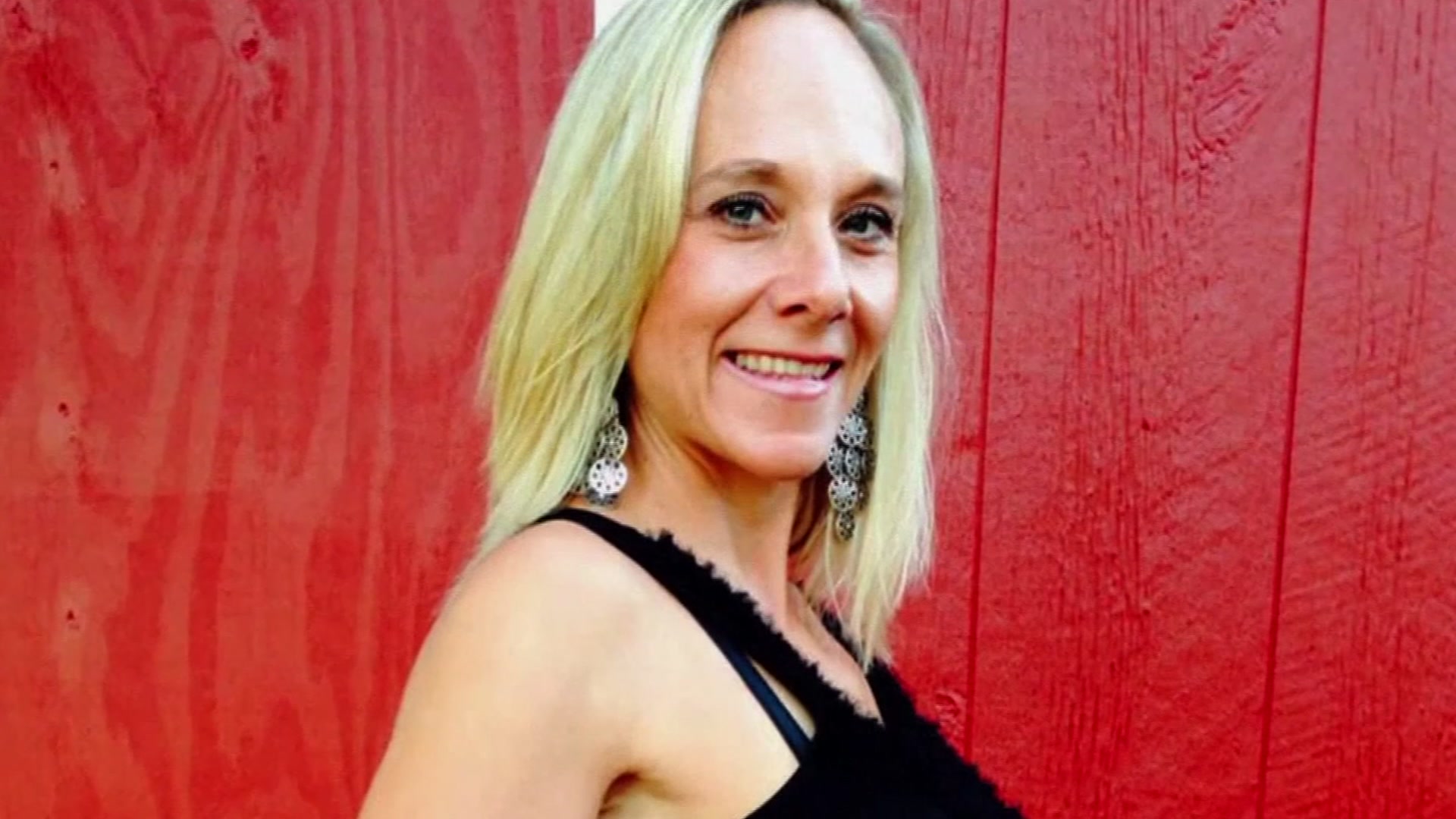The National Fire Protection Association, one of the nation’s top fire safety groups, is adding an important safety message to educational materials that could save lives after an NBC 5 investigation highlighted new fire research showing sleeping with the bedroom door closed could provide lifesaving time to escape a house fire.
That message was not often promoted by the nation’s leading fire safety groups. But now, NBC 5’s reporting caught the attention of the NFPA which said it will make changes by adding the following language, “A closed door may slow the spread of smoke, heat and fire” to its education guidelines. NFPA guidelines shape the fire messages taught by firefighters across the United States.
“If you can’t get out of your house the best thing you can possibly do is get a closed door between you and where the fire is”, said director of firefighter safety research at Underwriters Laboratories, Steve Kerber.
For years, Kerber has conducted hundreds of fire studies with fire departments across the country.
In a report last fall, NBC 5 Investigates suited up with the Fort Worth Fire Department at their new training facility to illustrate the difference a closed door can make.
Wearing air packs and safety gear, firefighters light a fire in a hallway outside a bedroom. Using a thermal imaging camera, the door glows from the heat of the fire in the hallway.
“On the other side of the door, the temperature is approximately 600 degrees,” said Lt. Kyle Faulkner, with the Fort Worth Fire Department.
Local
The latest news from around North Texas.
But the door is such a good barrier that inside the room the temperature is only about 100 degrees. Hot, but still survivable.
To see what happens without the door, firefighters open it and the room quickly heats up to more than 150 degrees -- too hot to survive.
Firefighters have long known that a closed door can slow the flow of smoke. But, in 2012 UL conducted a series of tests with the New York City Fire Department to see how fires spread through modern homes. After setting fire to 20 abandoned town homes the research showed closed doors not only blocked smoke and toxic gases, they also kept out dangerous heat.
“It’s very important that when everyone goes to sleep at night that they sleep with their doors closed,” said Kerber.
Despite UL’s research, NBC 5 Investigates found the NFPA, The American Red Cross and the Federal Emergency Management Agency’s U.S. Fire Administration was not teaching people to sleep with closed doors in many safety materials they publish.
FEMA said it tested the closed-door message in focus groups and found some people didn’t like it, so they decided not to include it.
In a written response, a FEMA spokeswoman said, “We have learned that we can’t tell our customers everything that we know is important.”
“Definitely get those extra seconds because of how precious those extra seconds are,” said Lexi King, who survived a house fire 11 years ago that killed her parents and brother in Corpus Christi.
Her brother always slept with his door open while Lexi kept hers closed.
When asked what she would say to a safety group, not putting the closed-door advisory near the top of their fire safety guidelines, Lexi said: “Look at where I am right now. And look at what’s not next to me — which is my family members.”
In November, the NBC 5 report was aired on NBC’s Today Show.
Within days, NFPA posted a message saying it would hold a meeting to reconsider the closed door message.
“They did actually look at the news reports as well and certainly had access to the UL research,” said NFPA Vice President of Outreach and Advocacy, Lorraine Carli.
The committee decided to make a change by adding the language.
“This will have a lot of impact with the fire service because the Education Message Advisory Committee sets the messages for the people that are doing fire safety education all over the country,” Carli said.
The Red Cross and FEMA are changing as well.
In an email a FEMA spokeswoman said, “The group consensus was to incorporate closed bedroom doors into fire safety messages.”
Lexi King is convinced the message will save lives. NBC 5 shared the news with King who said it makes her feel a like something positive is coming for the tragedy her family endured.
“It’s the whole nation that’s being impacted and that’s huge, that’s so many people, so many little one’s that could be saved,” said King.
“To have all of the fire service organizations come together around such an important message is great,” said Kerber.
For Kerber, the message means years of research may now make a difference for more families.
“To have them all respond positively and include this important message...I think will save lives around the world,” said Kerber.
Back in Fort Worth firefighters are now teaching people to sleep with the door closed using a smoke simulator in fire safety presentations for children and parents.
And now America’s top fire safety group wants everyone to learn that lesson.
“Going forward you will see fire departments and fire safety educators using this message,” said Carli.
Experts said if you close your bedroom door at night you still need smoke detectors installed both inside and outside each bedroom of the house and check the batteries regularly.
The smoke detector is still the first line of defense to alert you so you can get out quickly.
The closed door is there to buy extra time for firefighters to reach you in case you’re unable to get out.



